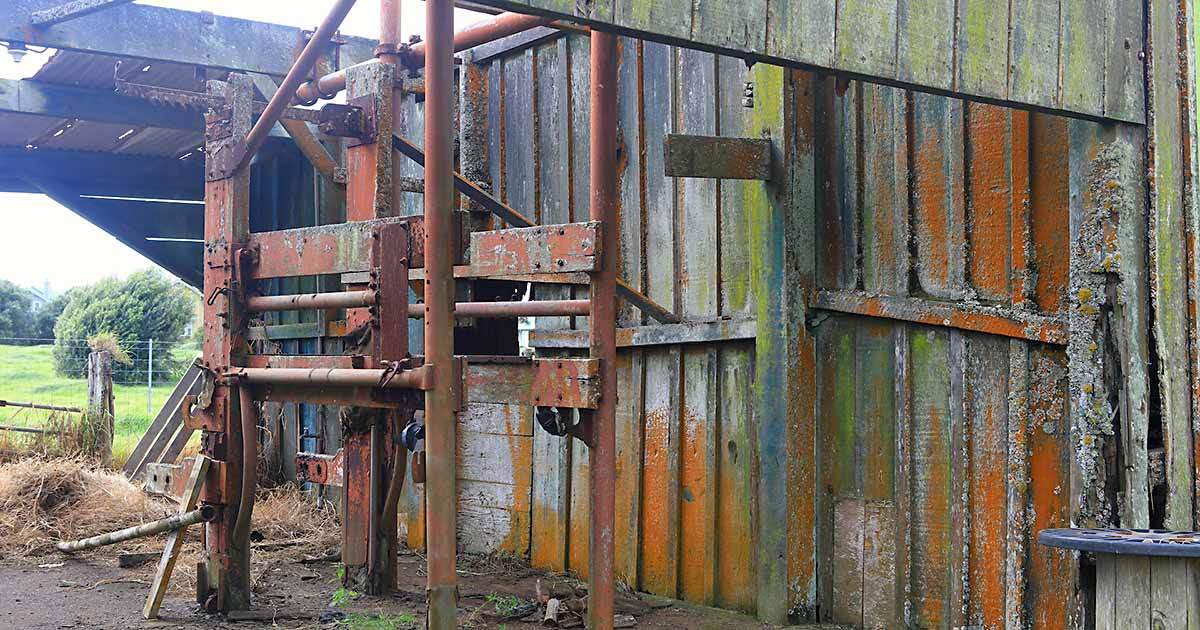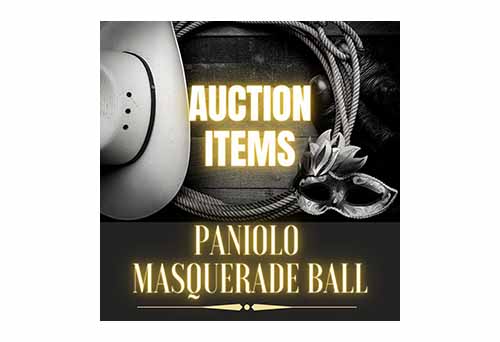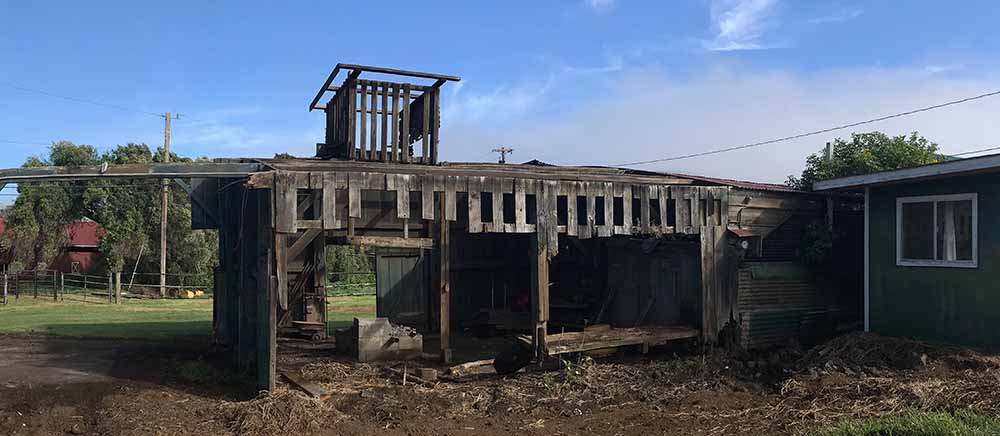
By Dr. Billy Bergin
Paniolo Preservation Society is pleased to announce that its upcoming fundraiser on October 29th will support reconstruction of the Parker Ranch historic blacksmith shop and establish an education and research center to be housed at the facility. PPS recently received a generous gift of the Pukalani Stables property from Parker Ranch which allows PPS to expand its preservation footprint in keeping with its vision and mission. This month’s newsletter shares background and history of Blacksmithing on Parker Ranch.
Purchase tickets now!
Phone: (808) 854-1541
Email: [email protected]
 View PPS Masquerade Ball Auction Items
View PPS Masquerade Ball Auction Items
In a global context, where there are horses there are blacksmiths providing ironclad footwear for the multiple uses of the equine species.
The 1803 arrival of the first horses in the Kingdom of Hawai‘i called for the King’s armorer whose first duty was farriering of the royal mounts. One such royal armorer was Charles Cockett who established a blacksmith facility in Lahaina in 1850.
Well-established by the founding of Parker Ranch in Mānā was a modest blacksmith shop that by 1850 shod ranch mounts, draft horses, and mules. A simple wood-fired forge and an array of files, nippers and hoof knives were placed in close reach of the anvil mounted at hip level on stout kiawe wood base. Bellows kept the coals aglow.
By the turn of the century, the ranch boundaries extended in every direction with Waiki‘i readily fitted for farming its deep soils.
While the Waimea headquarters provided blacksmithing, Waiki‘i by 1910 boasted an expansive facility to serve the needs of tractor drawn tilling and plowing as well as maintaining heavy draft horse-drawn wagons for hauling corn for silage. Many Russian and German immigrants came with blacksmithing and harness making skills. Later, these experienced blacksmiths were called upon to establish a central blacksmith shop near Pukalani Stables/Breaking Pen complex located just southeast of the village center.
Built in 1922 immediately behind Pukalani Stables, the ranch blacksmith shop was designed with a large central forge within the 30’ X 70’ building, the remnant of which stands today. Soon blacksmithing was done by immigrant and plantation-trained local Native Hawaiian and Japanese smithys.
By 1926, a Hāwī born Duke Karimoto became the head blacksmith at Puakea Plantation in Kohala, an outfit soon to be purchased Parker Ranch. Through direct efforts of A.W. Carter, Karimoto was called to Waimea on February 17, 1941, to assume the role of ranch blacksmith. His wife Kikuno was readily hired as housekeeper at Pu‘u‘Ōpelu. Her skills in flora-culture matched Duke’s expertise in blacksmithing.
By this juncture, blacksmithing emphasis expanded from farriering to manufacturing branding irons, gate hooks and hinges, threaded bolts, wagon wheel rims, even door latches. During the war years iron was scarce and Karimoto became a master at recycling metal to keep the calves branded and the gates swinging and latched. He developed his co-workers, notably Bill Newcome and Bill Case, into journeyman blacksmiths. When he and Kikuno retired from the ranch on July 31, 1964, things were changing.
Blacksmithing as a profession was transformed into “machine shop” technology which transferred duties to the ranch garage ably led by Bob Lincoln. However, Bill Case kept the forge in use making branding irons and plumbing fittings. This led him to play a meaningful role on the ranch, drawing respect for his energy and exacting technique in both iron and plumbing fields. For his efforts, he was made supervisor of Parker Ranch’s Water Department, a huge responsibility he carried with diligent honor. By this time, the ranch developed a welding crew that relieved Bill’s duties at the forge, a part of his life he thoroughly embraced. It may be fitting to name the restored blacksmith shop in his honor.


